Mascara. Shampoo. Perfume. Laundry Detergent. Oven Cleaner. Yes, these products might help us look and feel prettier and make our house shiny and clean. But, did you realize there is a very ugly side to some of these products? Yes, I’m talking about animal testing.
While many people think that animal testing ended decades ago, it’s still happening. There are about half a million animals every year used to test cosmetics, medicines, and household cleaners. Animals used for testing include rabbits, guinea pigs, rats, mice, and in some cases, dogs. This sets up multiple levels of animal abuse. Abuse doesn’t just happen in the labs, but also in the supply chain that provides animals for testing.
You may have seen in the news that the Humane Society of the US recently removed roughly 4,000 beagles from a breeding facility that supplied laboratories that test on animals. Government inspectors found beagles were abused, starved, and killed- all because laboratories want beagles for their tests.
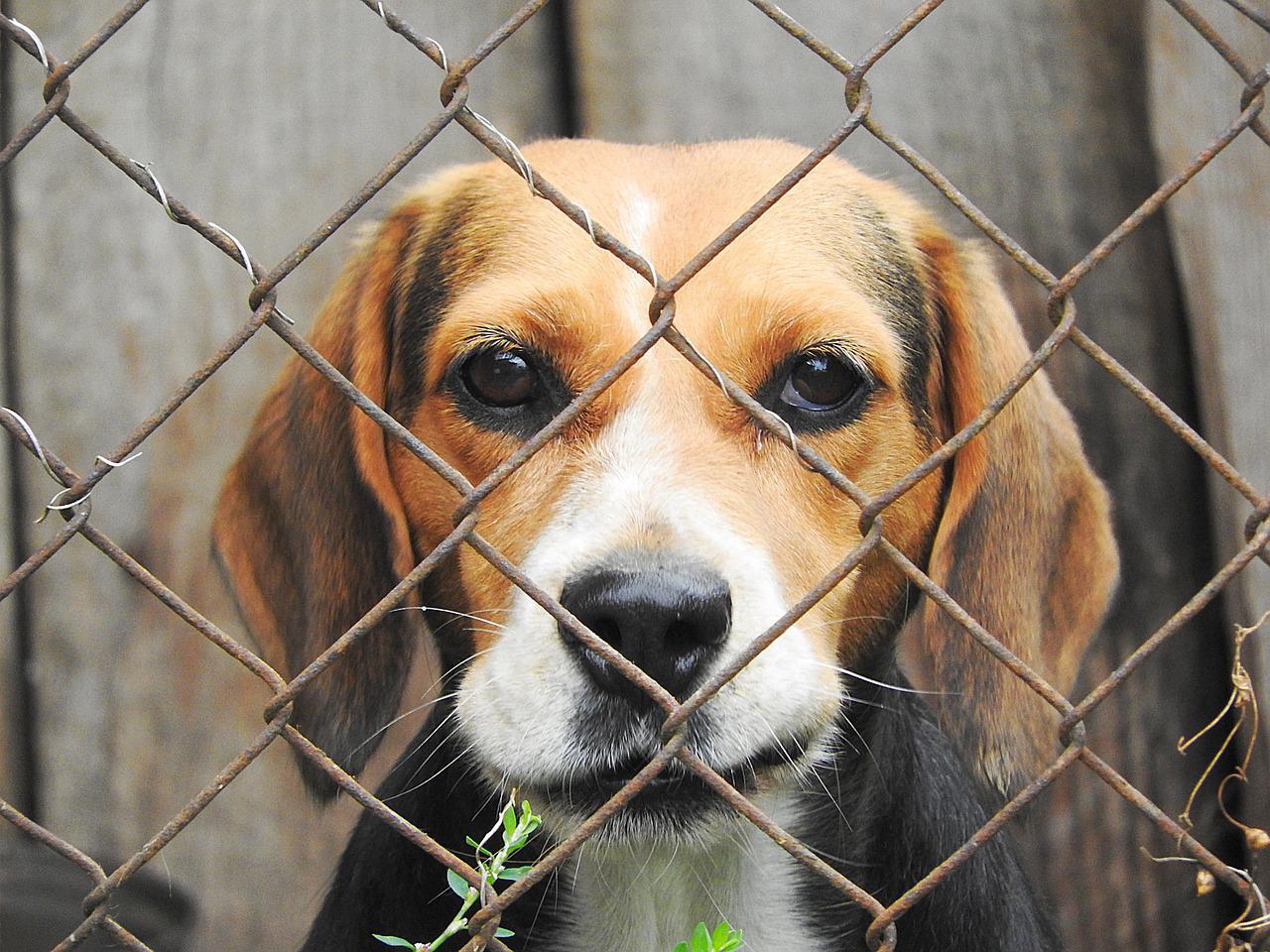
Why are animals sent to labs, and what are the tests most commonly done on them? Skin and eye irritation tests are most common- where cosmetic and household chemicals are rubbed onto shaved skin or dripped into the eyes of restrained animals. This is intended to discover whether an ingredient will cause injury to the human eye.
There are also tests that deliver controlled doses of chemical substances via a feeding tube. Generally, these kinds of tests look for signs of general illness or long-term health effects such as cancer or congenital defects. In reproductive toxicity tests, researchers may feed chemicals to pregnant animals to see whether the substances will cause abnormalities in offspring.
Testing on animals is both cruel and unnecessary because companies can already create products using thousands of ingredients that have a history of safe use and do not require any additional testing. Plus, modern testing methods (such as human cell-based tests and sophisticated computer models) have replaced outdated animal tests with new non-animal methods that are often faster, less expensive, and more reliable.
The Humane Cosmetics Act (H.R. 6207/S. 3357) is currently in Congress. This legislation would end the use of animals to test ingredients in products such as shampoo, mascara and aftershave. Not only that, but it would also prohibit the import and sale of products that have been tested on animals anywhere else in the world. You can show your support by sending an email here.
Not sure if your favorite products contain ingredients tested on animals? Start by looking for cruelty free certified products. Or you can search here.
My name is Badger, and I am a sweet, lovable guy looking for my forever home. I am deaf but I maneuver around this big world very well. I have some basic training and I’m learning new hand signals every day!
I’m all the great things about a blue heeler. I’m loyal and will stick right by you and be your best buddy given the chance. Because of my disability and past history, I require slow careful dog introductions and will do better living as an only dog.
Second Chance Humane Society’s Animal Resource Center and Thrift Shops have been serving San Miguel, Ouray & Montrose Counties for 28 years. Call 626-2273 to report a lost pet, learn about adopting a homeless pet, or about our Emergency Response, Community Medical, Spay/Neuter, Volunteer, or other services. View our shelter pets and services online: www.adoptmountainpets.org.


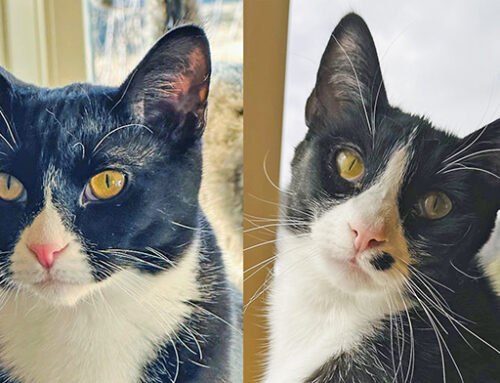
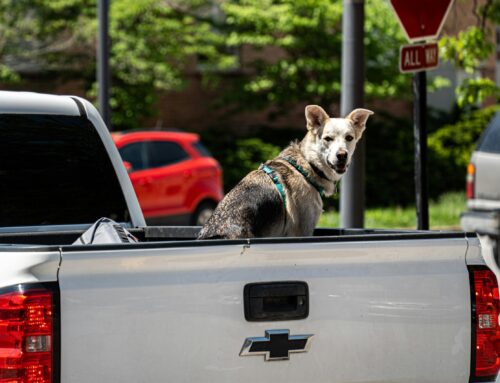
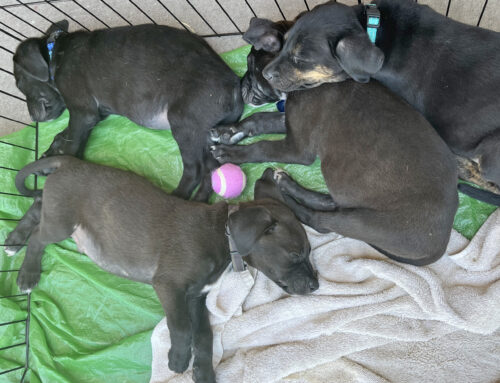

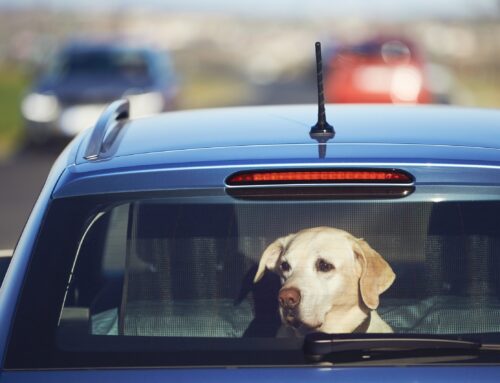
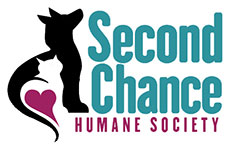
Leave A Comment